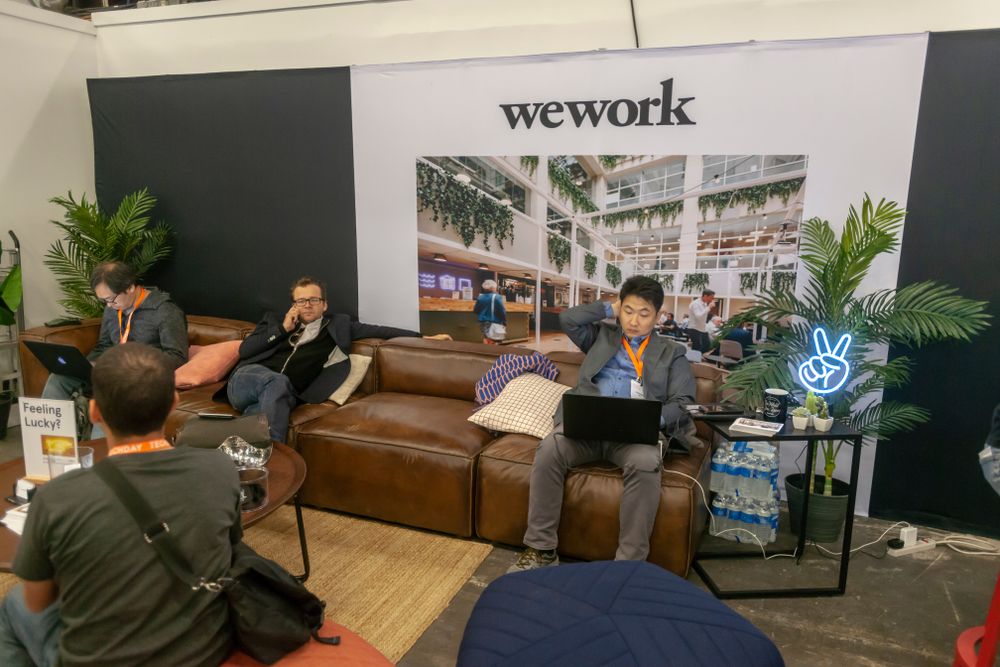The concept of shared spaces and lower office rent has exploded in recent years, with the gig economy startup ‘wework’ at its head. But the shared WiFi in these office spaces puts all renters at major risk and highlights a need for change.
The company provides a password on its application for every user who has paid. This includes those who are hourly renters — the cost of renting a conference room for an hour is just $25.
A would-be hacker could easily and quickly have instant access to any other device on the local network. Sensitive documents, personal information, and business financial data would all be effectively open for public consideration.
658 devices, including computers, servers and coffee machines were exposed on WeWork's network, spilling out an "astronomical amount" of data.https://t.co/zlFrFf6nJC
— CNET (@CNET) September 19, 2019
Gig Worker Danger
The wework digital security problem brings greater attention to the problem facing gig workers. While the market is crying out from greater numbers of independent contractors in a variety of fields, their need for internet access puts them at risk. Regardless of the location — a Starbucks, a hotel, or a WeWork office, these independent contractors are constantly in security risk zones. And for the most part, they are either unable to correct the issue or unaware of how to best protect their data.
Blockchain for Safety?
There are a number of ways to protect data on local networks. The first and most simple is a VPN, which pushes all network activity through a remote IP address. But this can cause substantial lag — a deal-breaker for most gig employees. A second and potentially game-changing option is to run data through a blockchain identification grid. A blockchain system like this would require a private key for data authentication, making hacking virtually impossible. The secure and immutable nature of blockchain technology would allow each user to personal protect their information. This can be set up simply but requires a level of technical know-how that isn’t widespread. The burden of safety can also be moved to the local network provider. Many hotels, for example, require an individual login for every user, essentially isolating them. This means that no user has complete access to the local network or devices on it.
Regardless of the options, the WeWork security issues highlight the need for smaller businesses and gig employees to improve. They must move toward greater levels of security and understanding to protect clients and data.
Do you think blockchain technology is the best way to protect users at WeWork and other public network locations? Are there other options that work better? Let us know your thoughts in the comments below!
The burden of safety can also be moved to the local network provider. Many hotels, for example, require an individual login for every user, essentially isolating them. This means that no user has complete access to the local network or devices on it.
Regardless of the options, the WeWork security issues highlight the need for smaller businesses and gig employees to improve. They must move toward greater levels of security and understanding to protect clients and data.
Do you think blockchain technology is the best way to protect users at WeWork and other public network locations? Are there other options that work better? Let us know your thoughts in the comments below!
Images courtesy of Twitter, Shutterstock.
Disclaimer
In adherence to the Trust Project guidelines, BeInCrypto is committed to unbiased, transparent reporting. This news article aims to provide accurate, timely information. However, readers are advised to verify facts independently and consult with a professional before making any decisions based on this content. Please note that our Terms and Conditions, Privacy Policy, and Disclaimers have been updated.
Sponsored
Sponsored
